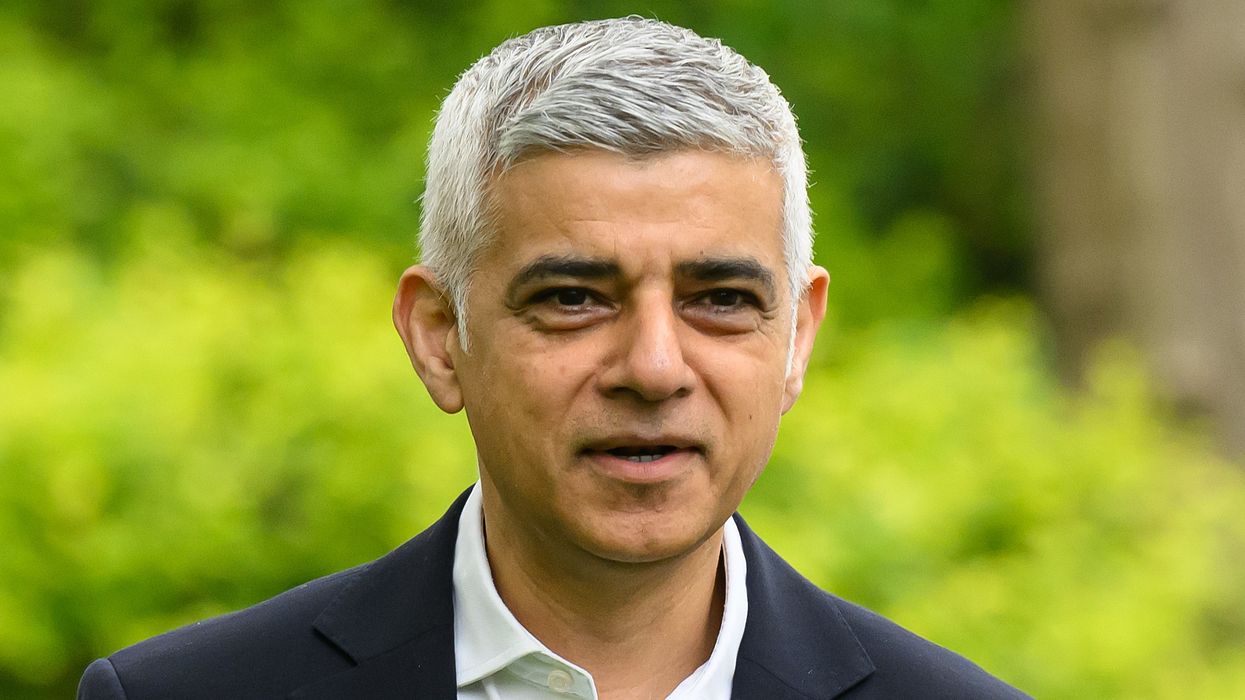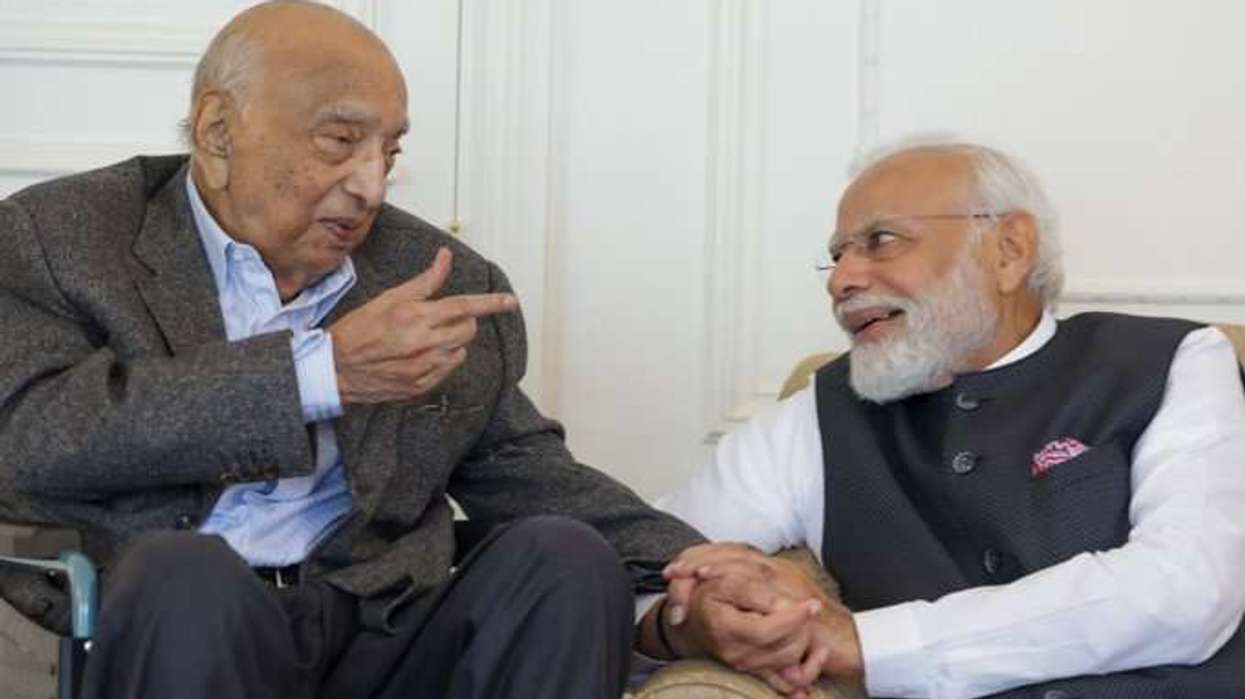LONDON mayor Sadiq Khan has confirmed that Oxford Street will be pedestrianised “as quickly as possible” following strong backing in a public consultation. The move comes as part of wider efforts to revive the West End’s shopping appeal.
The consultation, which gathered over 6,600 responses from businesses, residents and organisations, showed two-thirds support for the mayor’s proposal to ban most traffic from a 0.7-mile stretch of Oxford Street, the Guardian reported. The plan includes space for outdoor cafés, events and improved public areas.
“Oxford Street has suffered over many years, so urgent action is needed to give our nation’s high street a new lease of life,” Khan was quoted as saying. “It’s clear that the vast majority of Londoners and major businesses back our exciting plans.”
The Labour government has agreed to back the creation of a mayoral development corporation (MDC) to drive the project forward. This comes after earlier efforts to pedestrianise the street were blocked by Westminster city council, which is now Labour-led but still cautious about the move.
Council leader Adam Hug said that while the mayor’s decision was not their preferred choice, they would now work together to help shape Oxford Street’s future. “Since 2022 the street has roared back to life after the pandemic,” he added.
Not everyone welcomed the plan. Black cab drivers warned of increased congestion on nearby streets. “Putting this traffic down surrounding streets will cause chaos,” said Steve McNamara of the LTDA.
Detailed plans for rerouting buses and banning traffic will be released later this year.
Retailers including Ikea and Selfridges expressed strong support. Ikea’s UK boss said the change would make the area more welcoming, while Selfridges described the project as “hugely energising”.





